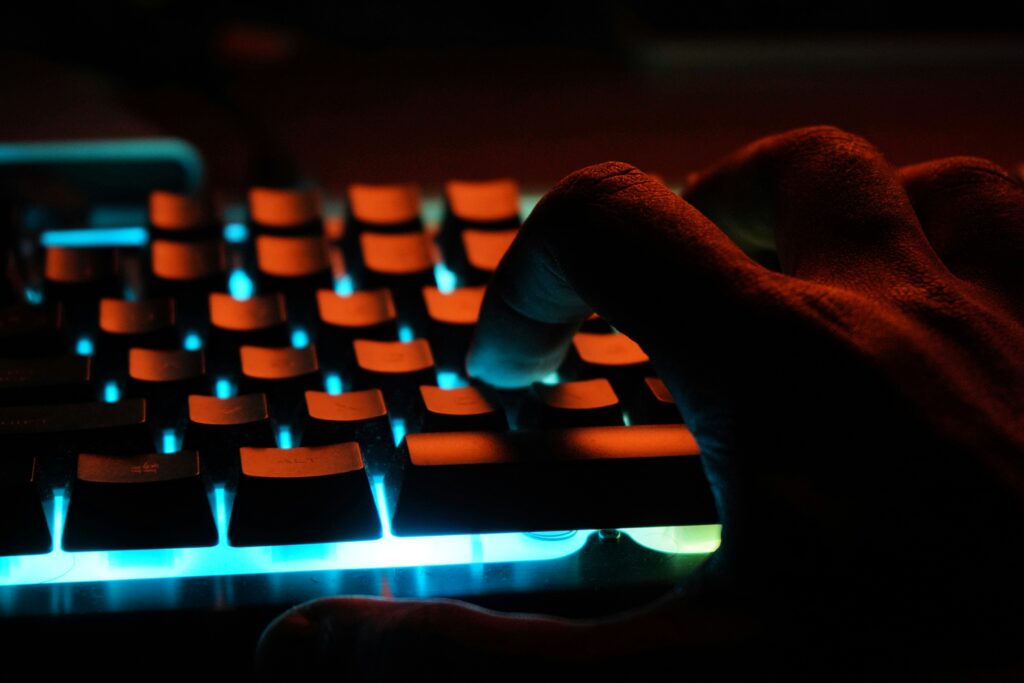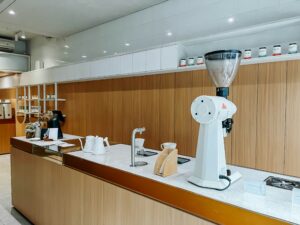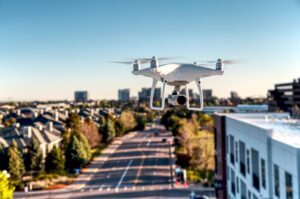In a world where artificial intelligence and machine learning are revolutionizing industries and reshaping the way we live and work, there is one surprising development that is creating quite a buzz – the use of AI in the beauty industry.
From virtual try-on tools that let you experiment with different makeup looks before making a purchase, to personalized skincare recommendations based on facial analysis, AI is changing the way we approach beauty routines. Brands like L’Oreal and Sephora are leading the charge, using AI algorithms to provide tailored product suggestions and improve customer experience.
According to a report by Research and Markets, the global AI in the beauty industry market is estimated to reach $4.9 billion by 2025, driven by the increasing demand for personalized beauty solutions. As Christine Chang, co-founder of Glow Recipe, puts it, “AI allows us to offer personalized experiences that truly resonate with our customers, making beauty more inclusive and accessible.”
However, as with any technology, there are concerns about data privacy and ethical implications. As AI becomes more integrated into the beauty industry, it is crucial for brands to prioritize transparency and accountability in their use of consumer data.
Ultimately, the convergence of AI and beauty signifies a larger shift towards hyper-personalization and innovation in the industry. As we embrace these advancements, it is important to strike a balance between leveraging technology for convenience and maintaining a human touch in our beauty routines.



